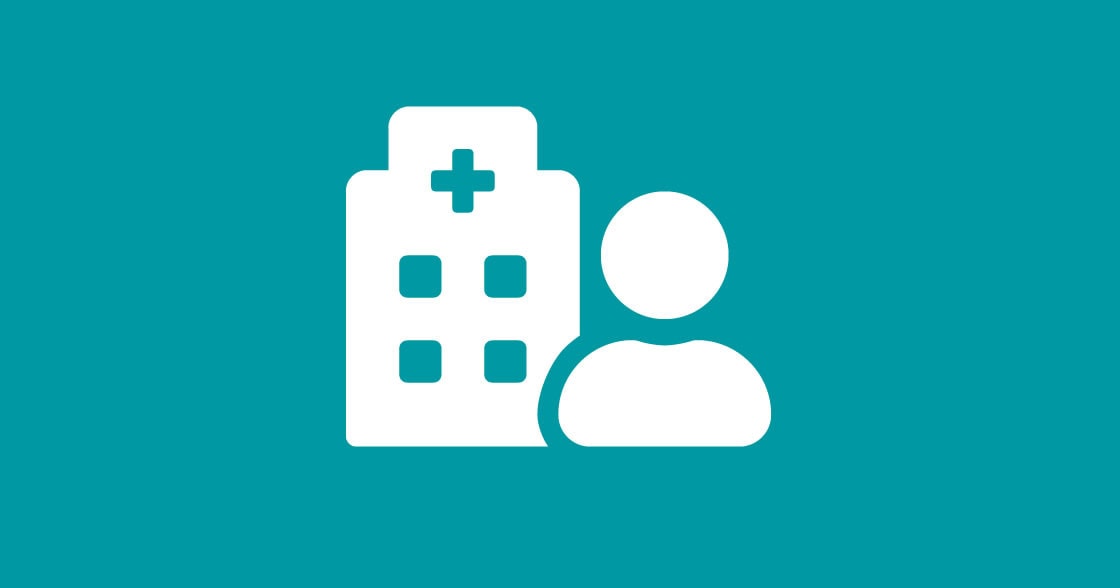Friday 28 August 2020Media release3 minutes to read
THIS IS AN ARCHIVED PAGE. The advice and information contained in this page may not be current and it should only be used for historical reference purposes.
Due to a significant amount of planned and unplanned staff leave, Canterbury DHB’s Medical Oncology service is operating below its usual capacity.
This has severely reduced the department’s ability to provide first specialist assessments and follow up appointments.
Chief Medical Officer Dr Sue Nightingale says the team is having to reprioritise and defer some appointments to ensure those with the most urgent need are seen soonest.
“We apologise in advance to those patients and their whanau for this unplanned disruption. The team are determined to minimise the delays and make the most of all the resources available,” says Dr Nightingale.
A waiting system for oncology appointments is being implemented to better maximise the department’s current capacity. This will see patients waiting longer than usual for their appointments until the department is operating at full capacity again.
Dr Nightingale says the incidence of cancer in the community is rising as society ages, and that due to improved cancer management and detection, including newly funded medications, additional treatment options, and improved quality and length of life in cancer patients, there has been an exponential rise in the department’s workload.
“This, coupled with a significant amount of unplanned staff leave in our Medical Oncology team, has resulted in this situation.
“The DHB is doing all it can to minimise the impact for patients and keep waiting time as low as possible. Actions urgently underway to boost capacity include:
- Changing the way we work to ensure the reduced service meets the clinical needs of patients under active care
- Introducing clinical prioritisation to ensure those in the greatest need are seen soonest
- Upskilling and redistributing trainees to cover expected increases in acute demand
- Urgent development of nurse specialist services to aid management of patients in ‘active care’
- Exploring outsourcing options
- Recruiting locums to assist,” Dr Nightingale says.
It’s important to note that this situation has come about due to unplanned staff leave and increasing demand – and is not in any way related to the DHB’s savings plan.
“Affected patients are all receiving personal calls from the department, notifying them if their Oncology appointment has to be rescheduled.
“Prioritisation is being given based on clinical urgency, in particular those receiving active therapy, and we continue to work with Primary Care to ensure patients receive the support and care they need,” says Dr Nightingale.
We are hopeful that the measures we are implementing will improve the Canterbury community’s access to Oncology services and help the department return to full capacity, however we know that recruiting oncology specialists can take some time, so we are planning for a range of interim measures to boost capacity over the next six months.
ENDS
Tags oncology
Back to Health News

